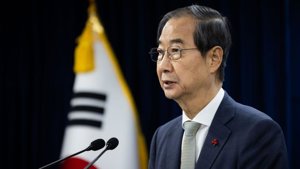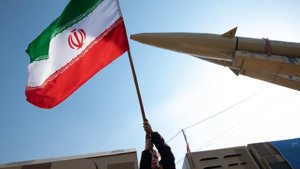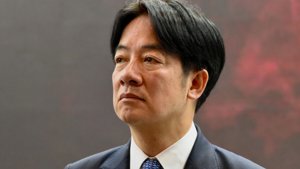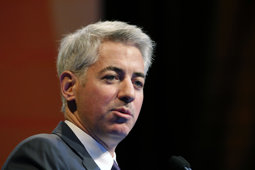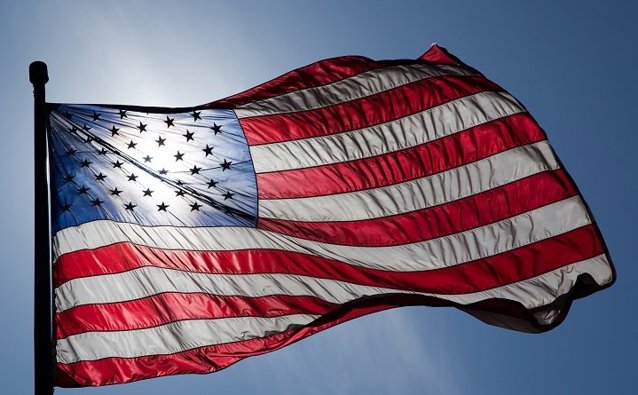
U.S.–Iran Talks Resume Amid Sanctions
The upcoming second round of nuclear negotiations between the United States and Iran will take place in Rome on April 19, with Oman’s Foreign Ministry serving as mediator. The announcement was confirmed by Iran’s national broadcaster on Wednesday.
According to reports from Western media, U.S. Secretary of State Marco Rubio and President Donald Trump’s Special Envoy to the Middle East, Steve Witkoff, are expected to travel from Paris to Rome on Saturday. Their visit follows high-level discussions with French President Emmanuel Macron and signals elevated U.S. involvement in the ongoing diplomatic effort.
Iranian Foreign Ministry spokesperson Esmaeil Baqaei issued a warning on social media platform X, cautioning that the negotiations could collapse if key terms are changed. “It could be perceived as lack of seriousness, let alone good faith. We're still in testing mode,” he wrote. Baqaei also reiterated earlier this week that the second round of talks had initially been slated to take place in Oman.
Meanwhile, the U.S. Department of State announced new sanctions against Shandong Shengxing Chemical Co. Ltd., an independent Chinese refinery. The sanctions accuse the company of purchasing over one billion dollars’ worth of Iranian crude oil. The punitive measures also extend to several shipping firms and vessels involved in transporting oil to China through Iran’s so-called ‘shadow’ fleet.
The State Department described the action as part of the Trump administration’s ongoing "maximum pressure" campaign targeting Iran’s energy exports. The administration has made it clear that President Donald Trump is determined to eliminate Iran’s unauthorized oil sales, especially those routed to China.
In March, the U.S. had already sanctioned another Chinese “teapot” refinery, reinforcing the administration’s firm stance on enforcement.
The developments come at a critical time in U.S.–Iran relations, with fragile diplomacy balancing against firm sanctions. The upcoming Rome talks are expected to play a pivotal role in determining the future trajectory of nuclear negotiations and broader geopolitical stability in the region.


